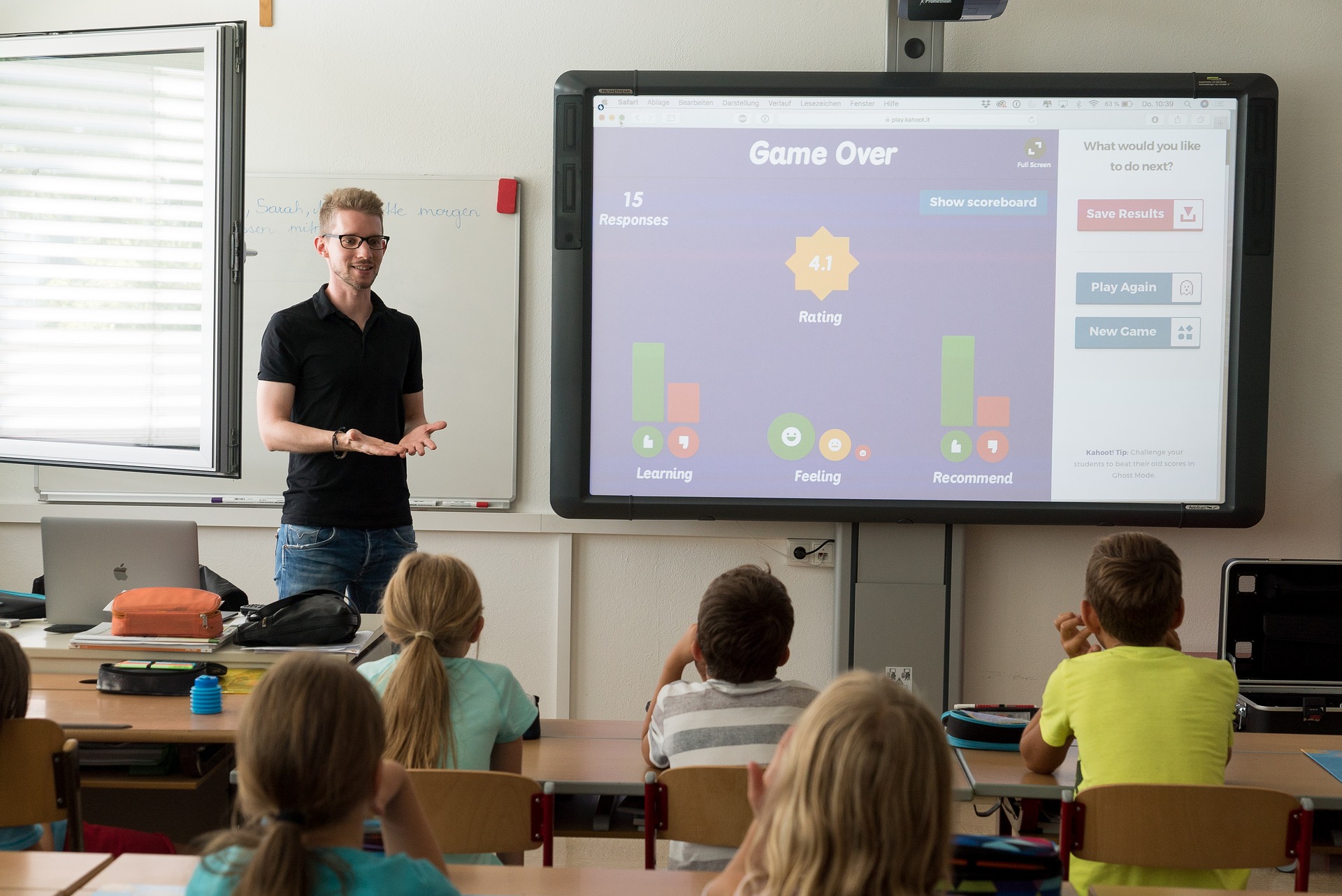Last Updated on May 14, 2025 by Muhamed Elmesery
Modern teaching methods vary. And one of these methods is the simulation method, which is used by the virtual labs. Also, simulation is one of the most important teaching and training methods that help to reduce costs of the education process. It saves time and efforts as well. And through simulation, students are able to develop many personal skills, which is one of the educational goals.
On the other hand, it provides the learner with a lot of knowledge about the requirements of real work environment. Thus it achieves the second educational goal. Dr. Ali Abd Al-Samie defined simulation as “an educational method that the teacher usually uses to bring students to the real world. It is believed that the simulation method suits the fields that do not accept any errors, as happens in some nuclear and military industries as an example.”
Pick The Best Virtual Plan for You

Table of Contents
Educational Systems in Digital Age:
That great progress that we are experiencing at the present time in various fields, including the field of e-education, is one of the most important features of the technological revolution that provides information network. This leads to the development of the education systems, obligating educational systems to help students to keep pace with this progress phenomenal by developing their skills and providing them with knowledge. This cannot be achieved through knowledge only. However, students must be guided to the creativity and innovation, and the way to use those modern technological methods to stimulate their ideas effectively.
E-learning Concept and Types:
The concept of e-learning has spread widely in recent years as a result of the diversity of modern means of communication. Moreover, it can be defined as learning through modern technological methods of communication, such as computers, internet, and various media, e.g., audio, pictures, and video, which can be used in classes or at home, helping to save time and effort and helping the student receive the most benefit.

E-learning is divided into two types. The first one is synchronous e-learning: it means that the student and the teacher are connected to the Internet at the same time to conduct the lesson and manage the discussion between each other directly through virtual classes or chat rooms.
The other type, which is asynchronous e-learning, does not require the presence of the student and their teacher at the same time in front of the computer screens. But the educational process takes place through recorded lessons or educational materials saved on CDs.
Simulation Application in E-learning Systems:
With the advent of computers in the nineties of the last century, there was increasing interest in using simulation as a form of the educational process development because of its effectiveness. This is because the forms of using simulation in education diversified as a way to reduce material losses and add an entertainment aspect to the learner while receiving their lessons. This made it an effective way in teaching some topics that cannot be dealt with in reality, due to the dangers that may result from them.
The Concept of Virtual Labs:
The virtual labs are considered as one of the most important applications of e-learning in educational and research institutions. They provide students with the opportunity to conduct experiments without exposure to any risk and without human supervision, by using computer applications in different fields of science.
Also they save a lot of time and effort for students and teachers as well, where they can conduct experiments and anywhere and anytime. Further, the 3D virtual lab provide protection for students from dealing with dangerous chemicals or electrical devices directly.
On the institutional side, they save a lot of money that will, otherwise, be wasted in the maintenance operations of devices and equipment or the purchase of materials necessary to conduct various experiments.
So, the virtual labs can be defined as a virtual environment for conducting different experiments, through which the real science lab is simulated, and the practical side is linked to the theoretical side.
Try PraxiLabs Virtual Lab for Free
10 Features for Using Virtual Labs:
- They help students and teachers to conduct and prepare experiments without being restricted to laboratory locations or official study dates.
- They help the student to repeat the same experiment more than once according to their ability to understand.
- Virtual labs help solve the problem of lack of capabilities and finance.
- They protect students from the dangers during conducting some dangerous experiments, as they prevent them from needing to deal with toxic or radioactive chemicals as well as electrical devices.
- Virtual labs help the teacher cover all aspects of the course with practical applications and help the student to understand all the points of the course with experience, which is difficult to provide when there is lack of equipment and funding.
- The student is given the opportunity to control the inputs of the experiment, change the different parameters, and observe the changes in the results without human supervision and without being exposed to any risks.
- Cooperation and interaction between students and each other and between teachers and students are provided.
- They save a lot of money for educational institutions.
- Virtual labs help the teacher to evaluate the students electronically, easily guide them, and monitor their progress in conducting experiments.
- They also save time and effort on the researchers, as they prevent them from moving between different laboratories locations.
PraxiLabs Virtual Labs include a range of 3D science experiments in physics, chemistry and biology experiments
 PraxiLabs A virtual world of science
PraxiLabs A virtual world of science





